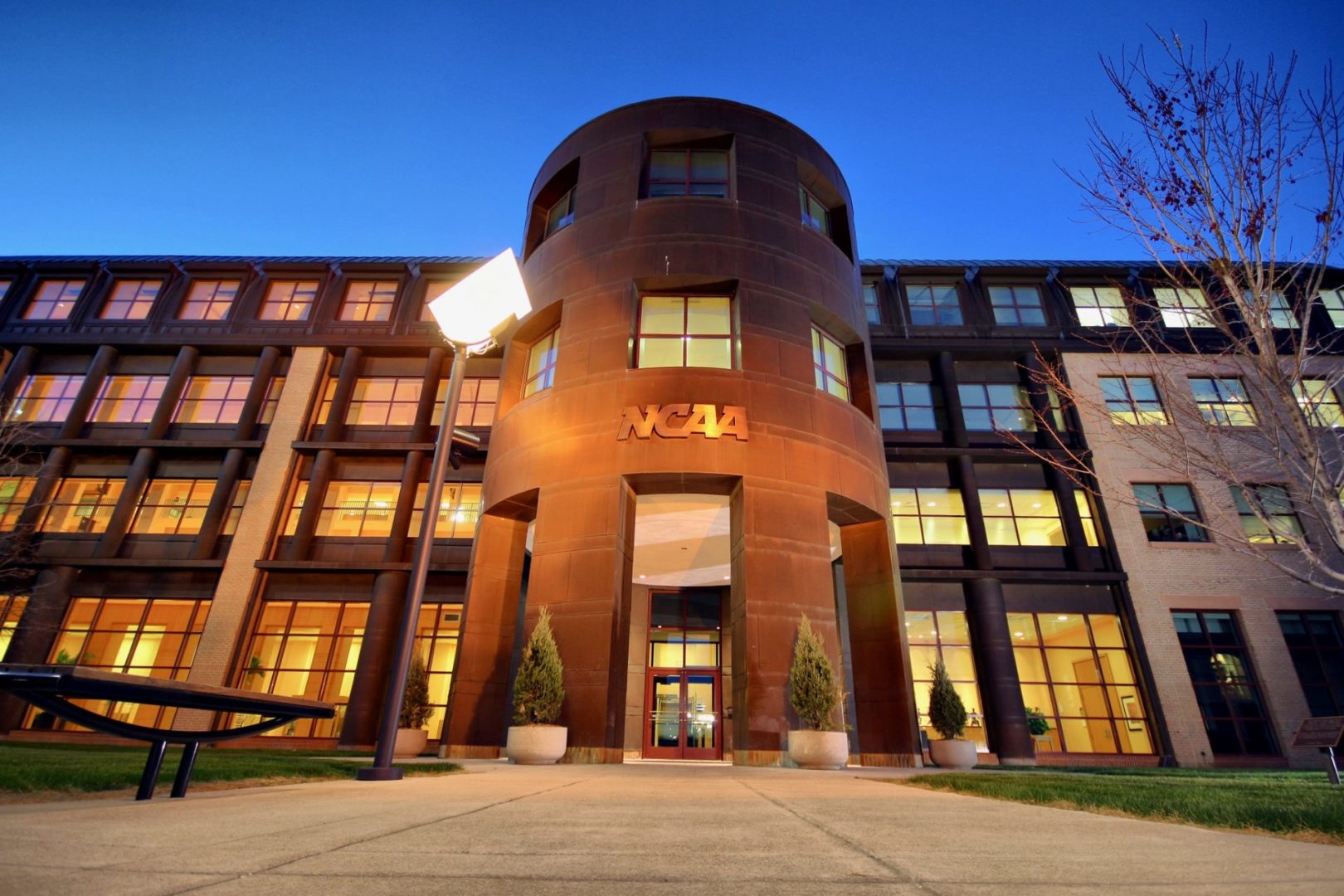Those of us of a certain age remember what a long-distance dedication on American Top 40 with Casey Kasem was all about. Each week Casey read a letter from a listener dedicating a song to another listener. They often came with emotional back stories. If Casey were still with us, this week’s dedication would come from Jay in State College to Mark in Indianapolis.
Dear Casey,
For the past two years or so, I’ve been wanting to reach out to Mark Emmert in Indianapolis. Mark and I have a complicated relationship that dates back almost a decade.
Today, I want to put that aside to help Mark out. Mark works at the NCAA and they had a tough week. The U.S. Supreme Court upheld a decision allowing schools to provide additional assistance for educational expenses and needs. In allowing the conferences and the NCAA to set the rules, the big troubles are not here—yet.
In a rare unanimous vote this Supreme Court decision yielded no dissenting opinion. A disciplined Supreme Court decision weighing only the issues in this case kept the NCAA from bigger troubles.
Justice Gorsuch quoted a lower court’s opinion: “The national debate about amateurism in college sports is important. But our task as appellate judges is not to resolve it.” While that saves the NCAA in the near term, it is a clear signal that the debate on amateurism is not settled.
And while Gorsuch believes a debate on that issue is important, in a concurring opinion Justice Kavanaugh clearly signaled his take on the NCAA’s student-athlete “labor” situation. He launched a series of damning broadsides citing the vast sums of money going to conference commissioners, athletic directors and coaches and being spent on lavish facilities.
Here are some of Justice Kavanaugh’s biggest hits:
“The bottom line is that the NCAA and its member colleges are suppressing the pay of student-athletes who collectively generate billions of dollars in revenues for colleges every year.”
“The NCAA’s business model would be flatly illegal in almost any other industry in America.”
“The NCAA is not above the law.”
The NCAA has lost the battle and will lose the war.
Public discussions of huge salaries and big money have turned the sentiments of student-athletes, the media and the highest court in the land. While this narrow decision against the NCAA is not a massive threat, if, and when, an existential amateurism case gets there, the NCAA clearly faces long odds.
So I want to dedicate the song “Before They Make Me Run,” by the Rolling Stones to Mark and everyone at the NCAA. The chorus says it all; “I’m gonna walk before they make me run.”
More dramatic changes are coming. The first step to fixing a problem is acknowledging the problem exists. People facing existential threats often hope events won’t overtake them. But for Mark and the NCAA it is time to start walking toward new future solutions before the next case makes them run.
If Monday’s case wasn’t enough, another issue comes to a head next week. Student-athletes will be able to monetize their own names, images and likenesses (NIL). This did not come about because of careful deliberation and NCAA legislation. Rather it happened in spite of the NCAA.
The NCAA repeatedly punted the issue last year and all of this year. The single-game record is 45 punts in the 1950 Ohio State-Michigan snow bowl blizzard game. If this was a football game the NCAA would’ve shattered that mark. Of note: Michigan won that game 9-3 on two blocked punts: one for a safety and one for a touchdown. The Supreme Court just blocked one punt for a safety and they’ve signaled that an all-out rush may be coming on the next one.
For those in college sports hoping that some national legislation would fall in their laps from Congress, their patience has gone unrewarded. So here we are. And now that several states passed laws allowing student-athletes these rights, the NCAA has said students monetizing their NIL will not lose their eligibility.
So let’s hope that Mark and the NCAA will grasp leadership’s reins. Book 10 of the “Aeneid” tells us, “Fortune favors the brave.” It’s time to bravely start the long walk to shape the future of NCAA sports. Decision-making is almost always better when you are deliberately leading change rather than when you’re being chased down and hounded into it.
But don’t shed any tears for college sports. This is a crisis of our own making. The money and greed got too big to be ignored. Over the last decade, bigger TV deals have rained money down into every pocket but the student-athletes’. While feeding at the money trough, society changed.
When a football player putting his body and mind on the line knows his coach is making $17,000 a day, they note that imbalance and ask “Why?” One suspects that players would rather get paid instead of having a golf simulator or nap room in their football building.
The end of college sports as we know it is coming. To quote the film “The Lion In Winter,” “When the fall’s all that’s left, it matters a great deal.” Where the future falls must be managed proactively.
There is nothing that can be done about the past that got us here. Now, the future belongs to the leaders who shape future change rather than be shaped by it. The difficult issues will be complex. There is Title IX to consider. There are many stakeholders who will weigh in. But the journey must begin now.
It’s time to walk before they make you run.
— Jay in State College.



